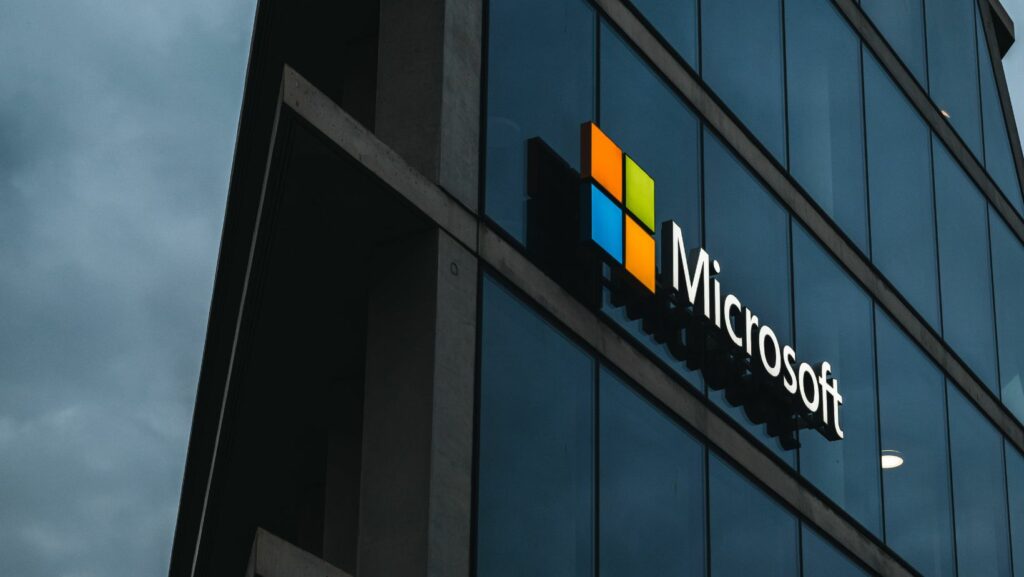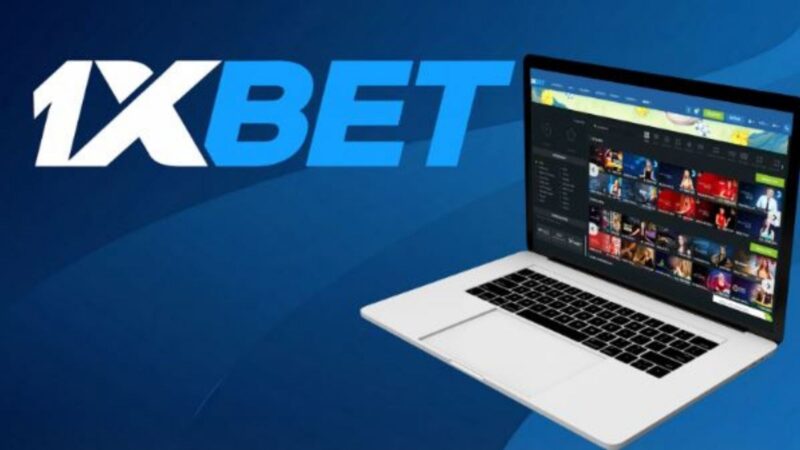
Finding the right application packaging for your software is difficult since there are multiple options. It depends on the situation, but some of the most popular application packaging systems are MSI and MSIX. Both of them are widely used, and they can provide exceptional value. That brings the question, is there a difference between the two, and which one is better?
What is MSI?
MSI is a technology created by Microsoft to help convert installers that don’t use Windows Installer to that format while also allowing Windows Installers to be easier to customize. An MSI file can be seen as a database that has all the info you need to install the app. One of the core benefits of MSI is that it’s self-healing and it has few alternation limits. It also helps manage package replacements and upgrades with ease.
Additionally, you have a consistent deployment standard and complete support for multiple Windows versions.

Moreover, MSI offers shared resource management, so common files used by other apps can’t be deleted. There’s also support for patching, which makes it easy to update existing files without having to reinstall the package.
There are a few downsides, too. You have file size limitations, 2 GB per file. Some also report security issues, MSP installation problems, and the fact that MSI can require a high degree of complexity when it comes to building it.
What is MSIX?
MSIX was announced in 2018 as the latest universal packaging format for Windows 10 apps. It provides support for mobile, desktop, and many other Windows 10 devices. It’s designed to provide high-performing and very secure applications. Another thing to note is that it runs apps within an isolated container. That means you have better performance, and uninstalling it can be very quick.

Since MSIX is living within an application container, it’s isolated from the OS, and that makes the experience more secure. In addition, you have a simplified deployment system and complete support for the latest Windows version. MSIX also brings in disk space optimization, allowing you to remove duplicate files, and sharing updates is a lot quicker, too.
They also worked on network optimization since MSIX is lowering the bandwidth needed thanks to using 64k block downloads. It also removes WinROT and DLLHell, among others. Being able to perform a fully clean uninstall also makes MSIX a lot more versatile.
Conclusion
Both MSI and MSIX are great application packaging options, as you can see from our overview. While MSI is still widely used, MSIX is evolving, and it comes with better updates for newer operating systems. In addition, MSIX is also more secure and it helps eliminate a lot of the downsides, while having very few limitations. It’s a good idea to weigh in on the pros and cons of MSIX and MSI, as that will help identify the best app packaging solution to fit your needs. However, both of them can be a great choice, depending on the type of app you want to use.










